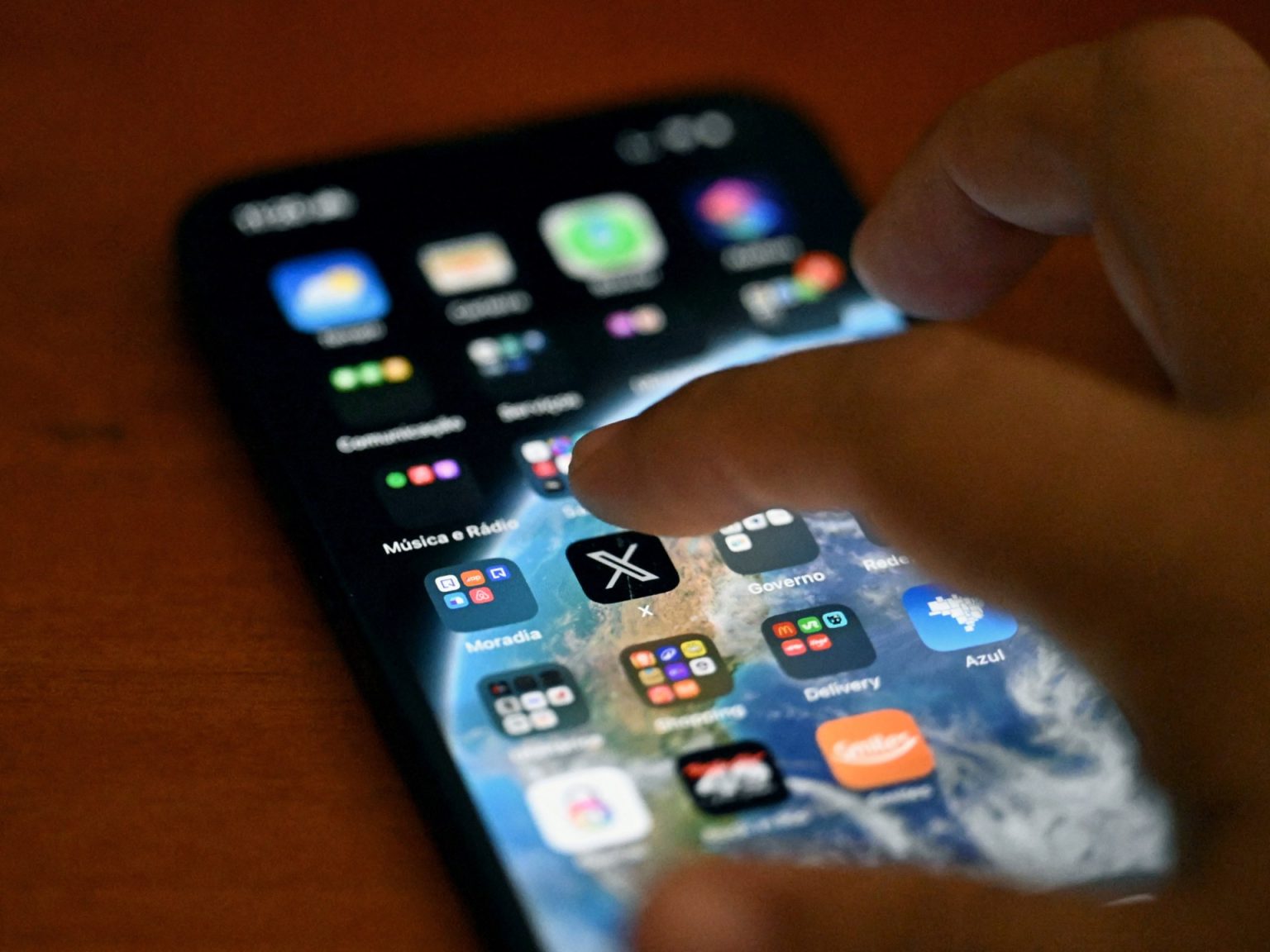The popular social media platform X, formerly known as Twitter, was suspended in Brazil in August following a dispute over disinformation related to the country’s 2022 election campaign. Brazil’s Supreme Court, under Judge Alexandre de Moraes, blocked X and accused the platform of allowing disinformation to flourish, which was seen as undermining democracy. This led to a battle between Moraes and Elon Musk, who owns X and is known for his strong views on free speech. Musk referred to Moraes as an “evil dictator” and accused him of acting like a villain from the Harry Potter series.
In response to the suspension, X complied with Moraes’s demands, including paying fines of approximately $5.2 million and appointing a legal representative in Brazil as required by law. Moraes lifted the ban on X, allowing the platform to resume its operations in Brazil. The judge emphasized the importance of upholding the law and preventing individuals, companies, or digital platforms from believing they are above it. X, through its Global Affairs account, expressed its pride in returning to Brazil and affirmed its commitment to defending freedom of speech within the boundaries of the law in all the countries where it operates.
Musk, who is one of the wealthiest individuals globally and advocates for free speech, has not yet publicly reacted to Moraes’s decision to unblock X in Brazil. The platform had amassed 22 million users in the country before being suspended, highlighting its significant presence in the Brazilian market. The ruling by Brazil’s Supreme Court and subsequent lifting of the ban on X exemplify the ongoing challenges faced by social media platforms in balancing free speech with combating disinformation and upholding the rule of law.
The dispute between X and the Brazilian authorities is part of a larger trend of confrontations between tech companies and governments across the globe, including in Australia and the United Kingdom, regarding the spread of online misinformation. As social media platforms play a vital role in shaping public discourse and political narratives, regulators and lawmakers are increasingly focusing on holding these platforms accountable for their content moderation practices. The case of X in Brazil underscores the complex dynamics at play between tech giants, judicial authorities, and the broader societal implications of online speech regulation.
Within the context of the Brazil suspension, the clash between X and the country’s Supreme Court sheds light on the challenges and responsibilities faced by social media platforms in navigating international regulations and legal frameworks. The incident also underscores the power dynamics between tech billionaires like Musk and judicial authorities seeking to assert control over online narratives and information dissemination. As discussions around online disinformation, freedom of speech, and democratic values continue to evolve, the case of X in Brazil serves as a notable example of the intersection between technology, politics, and law in the digital age.
In conclusion, the lifting of the ban on X in Brazil represents a significant development in the ongoing debate surrounding online speech regulation and the role of social media platforms in shaping public discourse. The dispute between X and Brazilian authorities highlights the complex challenges faced by tech companies in balancing free speech with the prevention of disinformation, as well as the growing scrutiny on these platforms from regulators around the world. Moving forward, the case of X in Brazil is likely to continue influencing discussions on online content moderation, legal obligations, and the broader implications of tech giants in shaping global communication and information dissemination.













